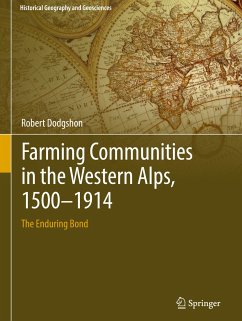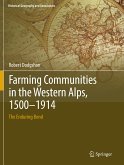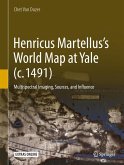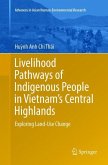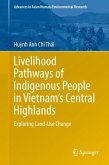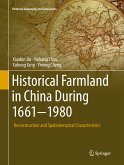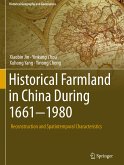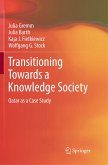This monograph explores traditional farming communities in French-speaking areas of the western Alps for the period 1500-1914 and how they endured in such an environment despite the many problems and risks which it posed for their subsistence and welfare. Using an extensive amount of archival material drawn from the relevant regional archives, the book presents a great deal of fresh data. Its central theme is how such communities responded to the opportunities and challenges presented by the highly variegated environment of their setting. The view taken is that their strategies of exploitation stressed diversity and flexibility, mapping the highly varied ecologies and resource opportunities of their setting into these strategies by spreading livelihood and risk as widely as possible. This interpretative framework is developed across all the book's themes: landholding, arable and livestock sectors, use of the commons and, finally, how communities coped with climate-based risks.
The book appeals to geographers, historians, environmental scientists and everyone interested in traditional farming communities and their long-term challenges.
The book appeals to geographers, historians, environmental scientists and everyone interested in traditional farming communities and their long-term challenges.

